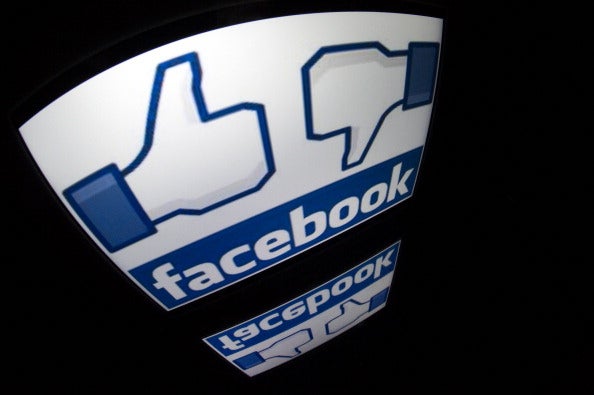Man who invented 'Like' button deletes Facebook app over addiction fears
Justin Rosenstein compares feature to 'bright dings of pseudo-pleasure'

The man who invented the Facebook “Like” button has removed the app from his mobile phone.
Justin Rosenstein was the engineer who created the “awesome” feature in 2007, but now fears the psychological effects apps are having on people around the world.
The 34-year-old is so concerned, he has blocked himself from Reddit and Snapchat, and imposed strict time-limits on his use of Facebook, The Guardian reports.
The tech executive has now bought a new iPhone and told his assistant to set up a feature that stops him downloading any apps at all.
Mr Rosenstein describes Facebook “Likes” as “bright dings of pseudo-pleasure”, one of many features that contribute to what Silicon Valley critics describe as the new “attention economy”.
“It is very common for humans to develop things with the best of intentions and for them to have unintended, negative consequences,” Mr Rosenstein told the newspaper.

A 2016 study found that the more time young adults spend on social media, the more likely they are to become depressed. Of those tested, people who checked their apps most regularly were 2.7 times from likely to develop it than those two checked least often.
Instagram was ranked as having the worst effect on young people’s mental health, according to a separate study.
And in January health officials warned the circulation of fake health news on social networks was potentially dangerous to people’s physical health.
As well as making users addicted and effecting their mental health, there is growing concern social media makes people more stupid. Known as “continuous partial attention”, it is feared apps limit the ability to focus and potentially lower IQ.
“Everyone is distracted. All of the time,” Mr Rosenstein says.
Join our commenting forum
Join thought-provoking conversations, follow other Independent readers and see their replies
Comments
Bookmark popover
Removed from bookmarks